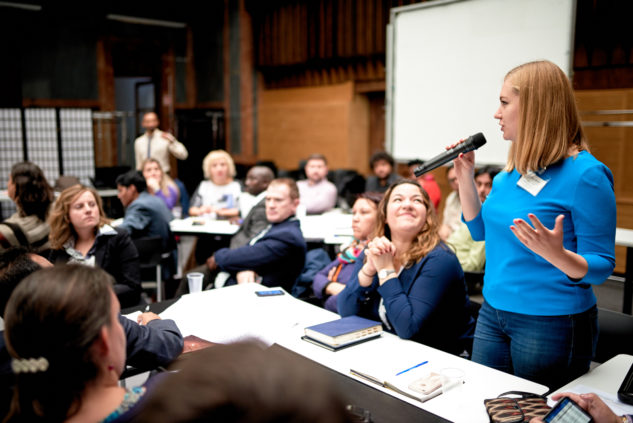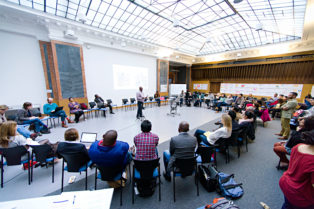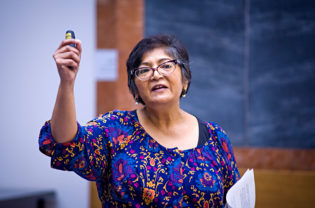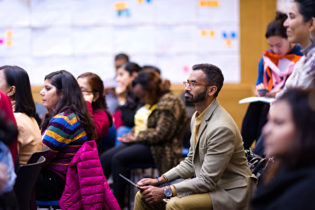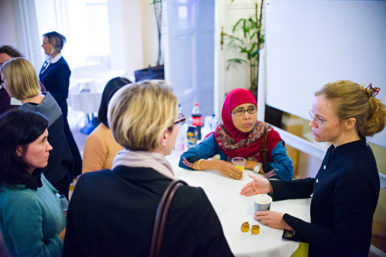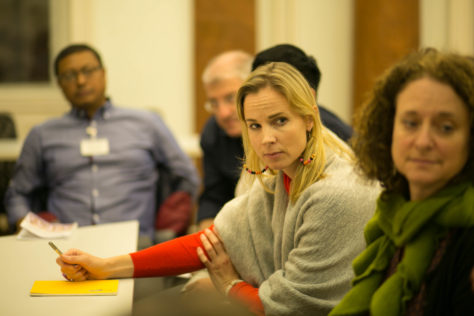Our first annual Leadership Course brought together leaders dedicated to legal empowerment to reflect on history, strategy, and evidence. This ground-breaking three-day course focused on law and development and the extent to which international rule of law assistance accounts for legal empowerment and its impacts on poverty, governance, and development. The intention was to contribute to solving the analytical and empirical challenge that international actors face when they address multifaceted, multisectoral justice issues. 34 participants from 16 different countries explored questions like:
“How best to provide frontline legal advocates with support and supervision?”
“What have we learned about state policies to recognize and regulate grassroots justice efforts?”
“What are the prospects for financing legal empowerment at scale?”
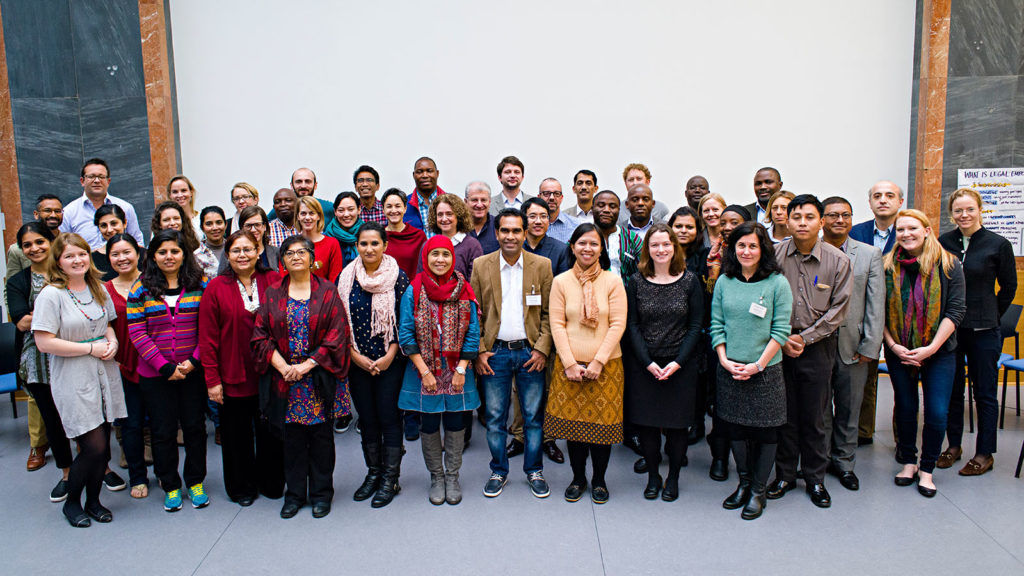
Case Studies
Land and Natural Resource Rights
Recognizing and protecting community rights to land and environment
Ensuring Effective Delivery of Essential Services
Integrating grassroots health advocates into national health systems to enhance the accountability and responsiveness of health services.
Community-based Dispute Resolution
The case of South Africa’s Community Advice Offices: How South Africa’s CAOs and their community-based paralegals have adapted and innovated over the decades.
Stand-alone Sessions
The impact of the field of legal empowerment
This section will include a history of the legal empowerment movement, an overview of the range of methods employed by legal empowerment programs, and a review of the impacts as well as the methods used to assess the impact, including overarching considerations and guidelines for M&E.
The political economy of legal empowerment
This section will focus efforts to institutionalize and sustain legal empowerment programs. Participants will explore the relationship between legal empowerment and underlying political and economic dynamics and craft strategies for institutionalization.
Legal Empowerment in the post-2015 agenda
Opportunities to leverage the post-2015 development framework to advance legal empowerment, in particular around the development of national development frameworks and indicators.


